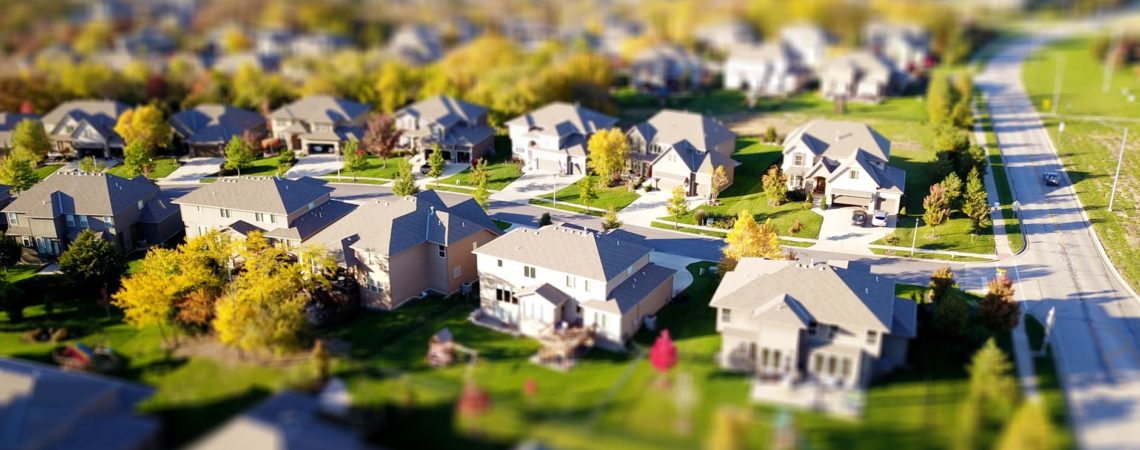Recently financial giant Freddie Mac shared a press release about the effect seniors “aging in place” is having on the housing market. Interestingly, while there is also a large number of seniors choosing to rent, it may not be as significant as those in previous generations who downsized from the family home. We look at Freddie’s report in today’s BAM Blog…
Number of Seniors Aging in Place Growing
According to the Freddie Mac release, unlike in previous generations, a significant number of seniors are not downsizing. Instead, these older adults are choosing to stay at the family home rather than move to a more easily managed apartment or senior living center. Freddie Mac’s Chief Economist, Sam Khater, is quoted as saying that they’ve estimated up to 1.6 million more senior households are staying put than if they had behaved as past generations. The piece also predicts that this number will grow as more adults age and as it becomes easier to age in place. The Freddie press release notes that many of these seniors elect not to move because they are content with factors like home, community, and lifestyle.
The Effects of Seniors Staying Home
Although we’ve seen that there are plenty of seniors who do choose to rent, those who choose to remain in their home are having an effect on the overall housing market. According to the Freddie research piece, these are some of the effects of older adults aging in place:
- The estimated 1.6 million households also equates to 1.6 million homes being held off market and unavailable to those wanting to buy a home.
- The Freddie Mac release quoted research as saying that the Urban Institute estimates that 3.4 million millennials are unable to own homes.
- Freddie estimates that 1.1 million homes are held off market just by those born between 1931 and 1941.
- Freddie Mac economist Sam Khater says in the piece that they believe this phenomenon will help to drive up the cost of home ownership while also making renting more appealing to younger generations.
As we’ve written about before, overcoming the barriers to creating affordable housing, both in single- and multifamily markets, is important to help offset the impact of situations like houses being held off market by one large demographic.



